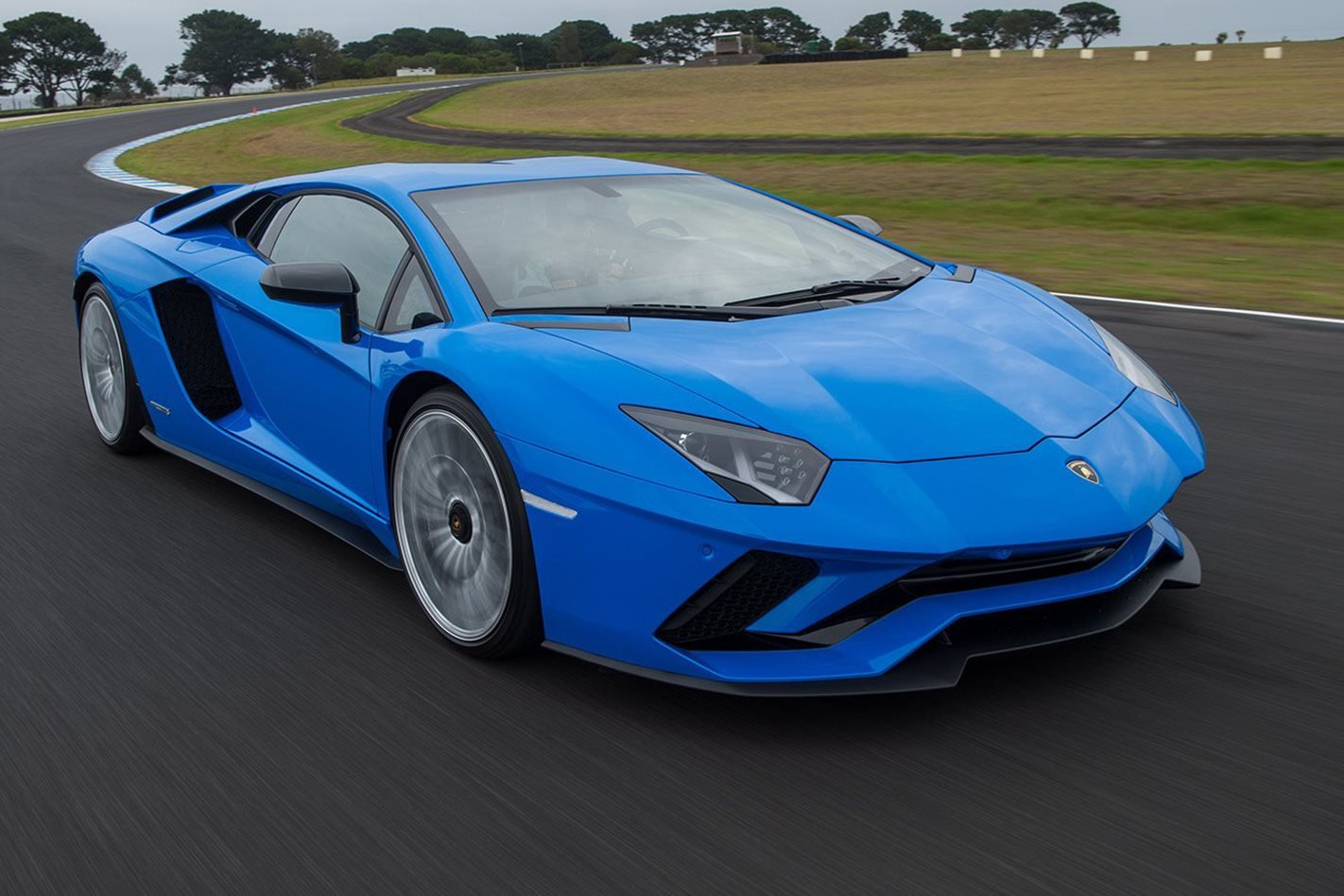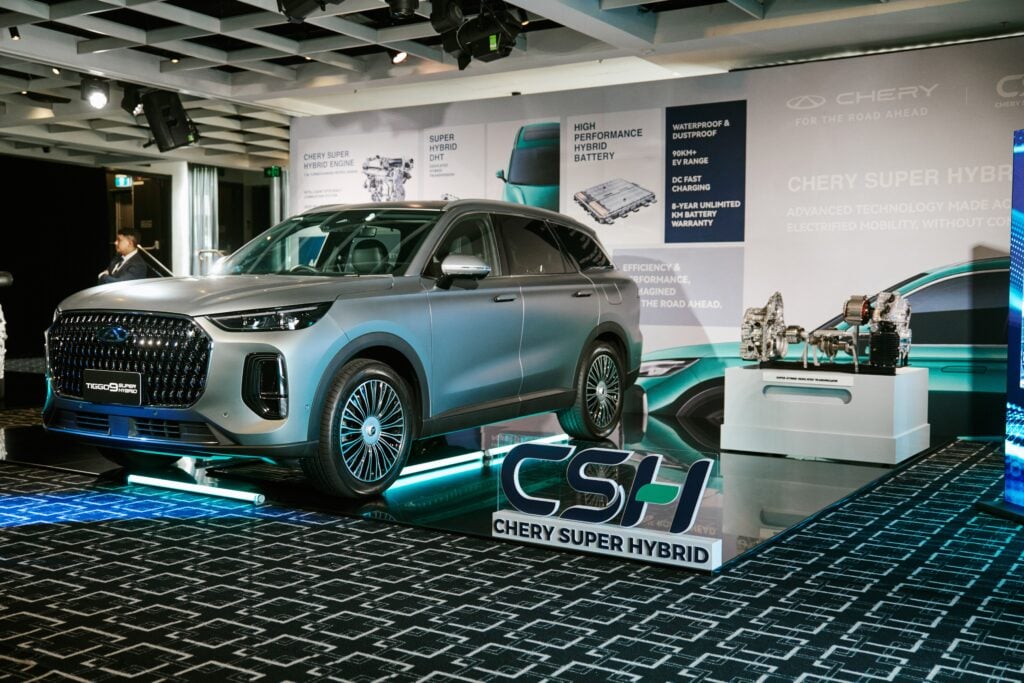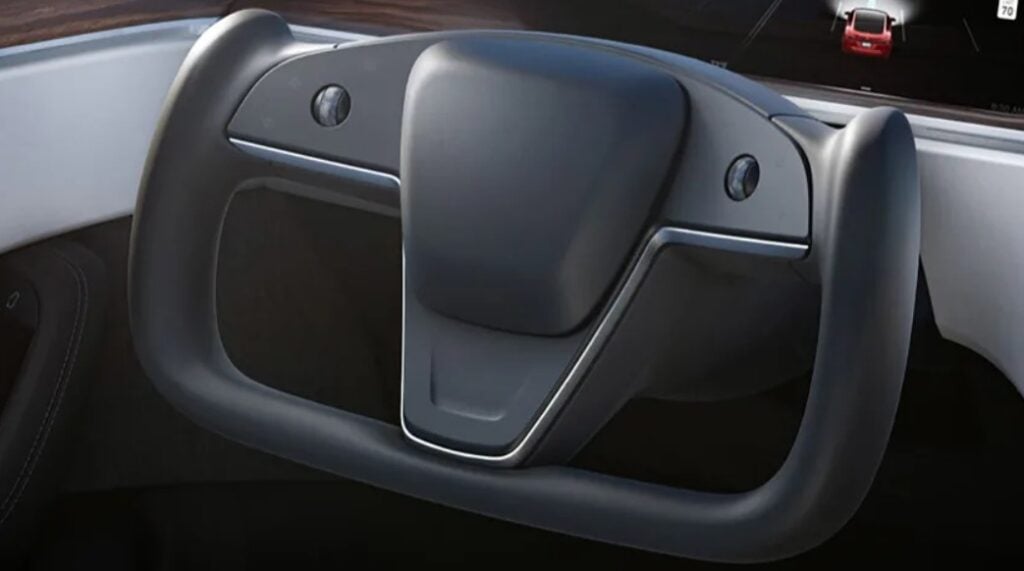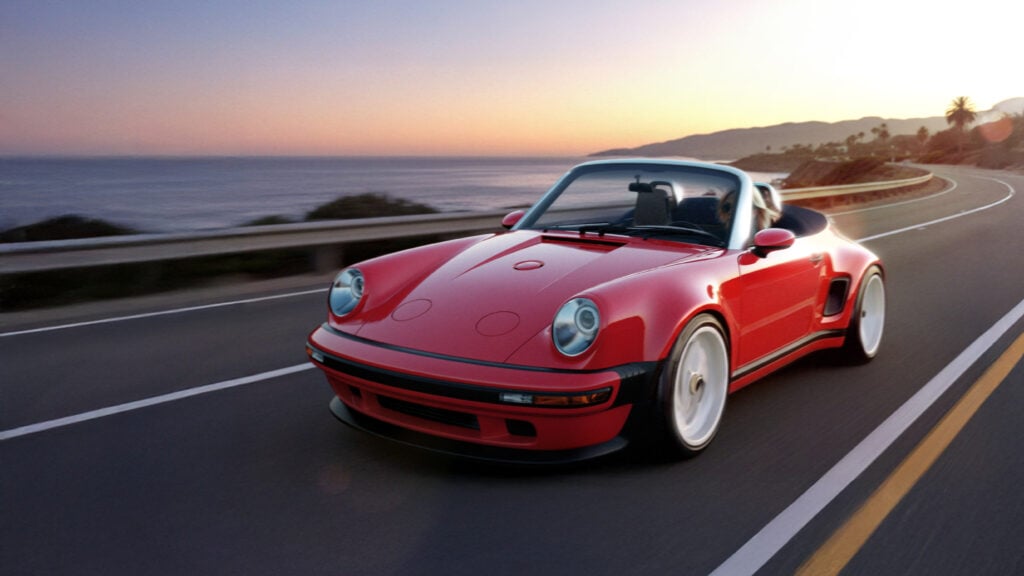LAMBORGHINI has confirmed it will keep its high-powered naturally aspirated engines alive, all thanks to hybrid technology.
The sports car maker’s chief executive, Stefano Domenicali, said electric battery technology had not yet advanced far enough for a fully silent raging bull, but the technology would help the brand retain its atmo V10 and V12 combustion engines for at least another generation.
Replacements for the Aventador and Huracan supercars are expected in 2020 and 2022 respectively, with the next-gen models expected to add plug-in hybrid technology that will allow them to travel under electric power alone for short distances.
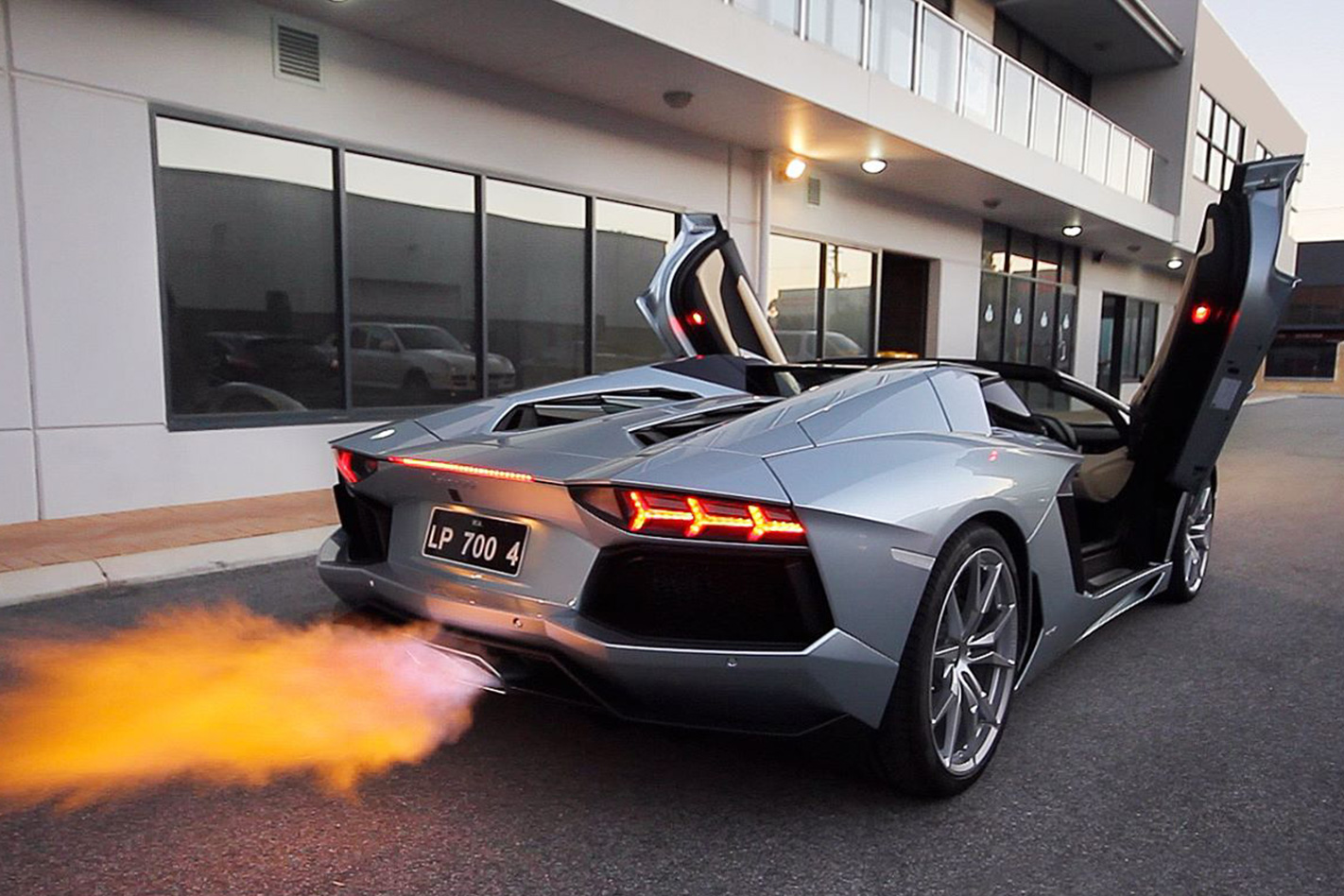
Lamborghini also won’t cave to the pressure of tightening emissions regulations and introduce turbochargers to their supercar line-up – instead committing to naturally aspirated cars for the foreseeable future. “As long as I’m technical director, our super sports cars will not have a turbocharged engine,” Maurizio Reggiani, Lamborghini’s chief technical officer, said. “It’s about emotion. If you don’t have emotion, then you have nothing.”
While enthusiasts will be glad to hear Lamborghini’s screaming atmo engines are here to stay, some may be disheartened to learn that the heavy batteries will also add potentially performance-sapping weight to next-gen models. “The big questions are packaging and weight,” Reggiani said. However, cars such as Porsche’s S-E Hybrid Panamera are proof that adding electrons to the equation can yield seriously impressive performance.
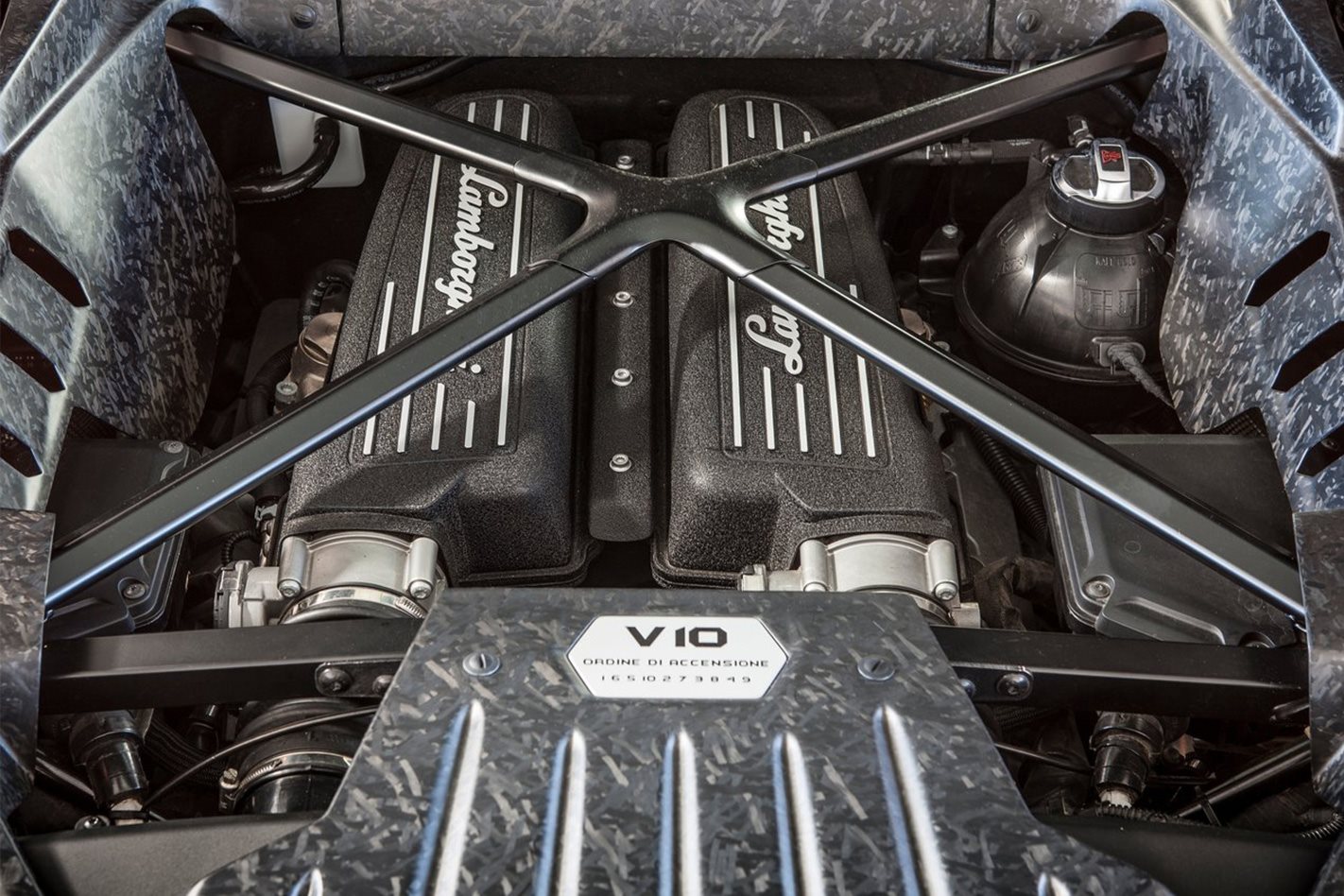
Lamborghini’s latest product and first SUV, the Urus, is powered by a twin-turbo V8 and is likely the first in line for a hybrid powertrain. It seems the low-slung supercars are safe… for now


